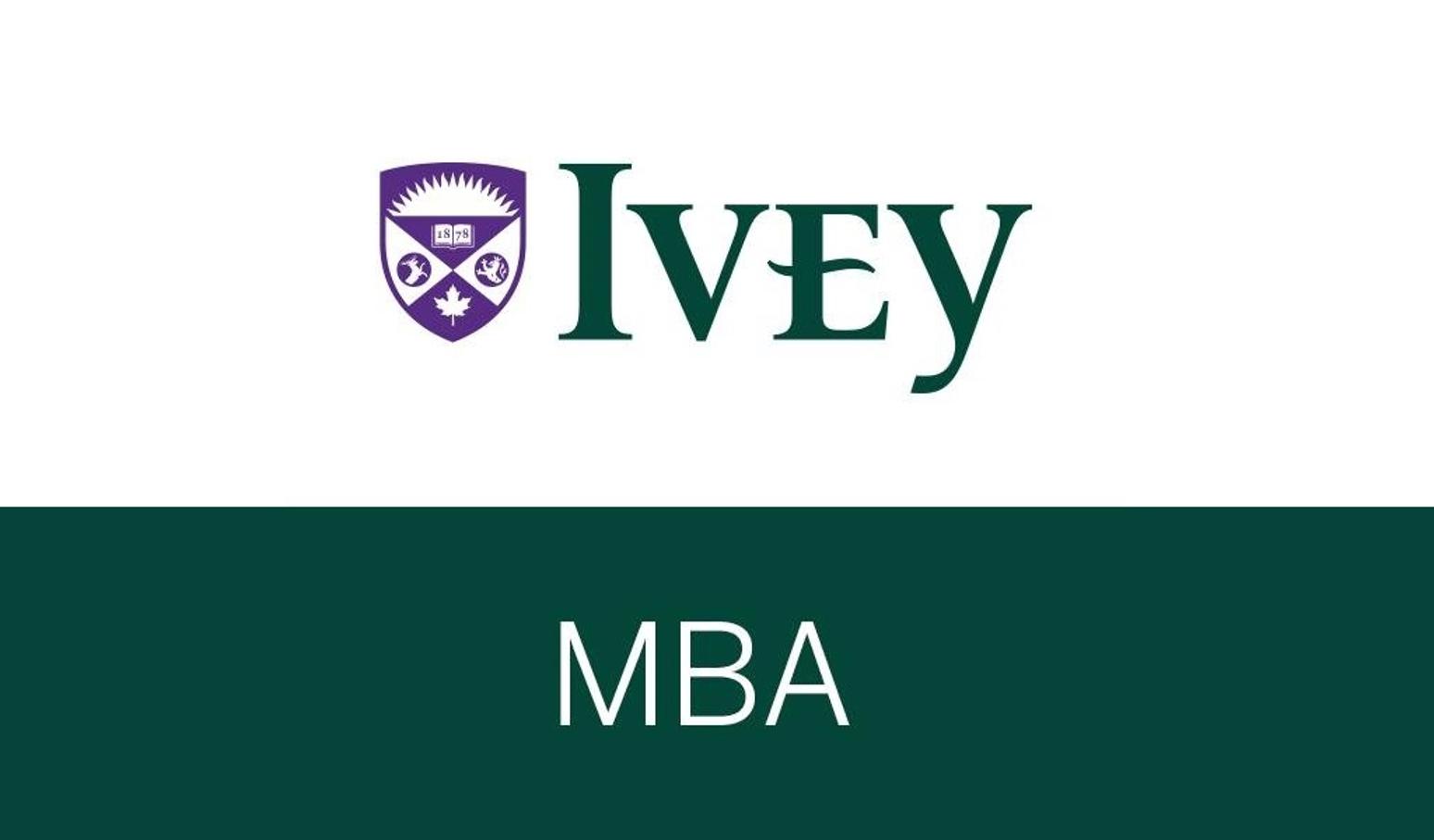Thanks to Laurie Lockington-Wong, Ivey’s Financial Aid Officer, for writing this week’s guest post!
Happy New Year! There is a soft blanket of snow covering the campus at the Richard Ivey School of Business. It is beautiful here! Now that we have turned the corner into 2013, it won’t be long before we welcome the new Ivey MBA class.
The first tuition and fee instalment is due April 5th, 2013. As you transition to Ivey and arrange to finance the tuition and fees, here are some tips and tricks that may help.
Leveraging your RRSP: If you have been diligently saving funds for retirement by contributing to your RRSP, you have the option of drawing on these funds to finance your MBA. The Lifelong Learning Plan through the Canada Revenue Agency permits withdrawal of up to $10,000 in each calendar year. Since the Ivey MBA spans two taxation years (2013 and 2014), you may withdraw up to $20,000
OSAP (for Ontario residents): Government loanspresent an attractive financing option because no interest is charged during the program. If you applied for OSAP as an undergraduate and were ineligible because of your parents’ incomes, consider that you may now be eligible. A single student is eligible for up to $360/week, while a student who is married, in a common-law relationship, or is a sole support parent is eligible for up to $560/week.
Private Loans – BMO, TD Canada Trust, Scotiabank, and RBC: These four banks offer preferred student lines of credit (SLOC) programs to domestic Ivey students based on the outstanding earning potential of Ivey MBA graduates. Each bank offers eligible students a minimum of $70,000 (up to $120,000) in financing for the Ivey MBA Program with many offering flexible repayment options. Please see our website for branch contact information. These professional and friendly representatives are happy to assist you. International students with a strong Canadian co-signer may be eligible for a student loan from TD Canada Trust.
Student loan interest rate: For the duration of the program, most banks charge an interest rate of prime plus 0.5% (currently 3.5%). When you compare the offerings at different banks, be sure to ask about the repayment options and whether the interest rate will be reviewed upon graduation. Choose the program that best suits your individual needs.
Timing your student loan application: Some financial institutions may use your current monthly income to qualify you for a loan. If possible, consider making your loan application prior to resigning from your current employer.
Paying tuition and fees: The exact fee charges will be finalized and viewable on your student account in mid-March. Here is a link to Western’s Registrar Fee Payment information for Canadian students. Online banking is the most popular method of payment (you need to input your nine-digit student number).
Tax credits for tuition and fees – for Canadian Tax Returns: On March 1, 2014, your T2202A (itemizing payments made in 2013) will be accessible for printing from your Western Student Centre. If you make a tuition payment in 2014, you will also need to print your T2202A in March 2015. Since PKP course fees are paid to Ivey directly, this T2202A form will be available from the MBA Program Office.
International students: Be sure to present your study permit upon arrival at the School of Graduate and Post-Graduate Studies at Western University. If you obtain your permanent resident status in Canada and are able to provide documentation to Western prior to June 30, 2013, then you will be eligible for the domestic tuition rate.
Every student’s financial situation is unique, so if you have questions I am here to help. I look forward to meeting the new class soon at Ivey!
Laurie Lockington-Wong
Llockington-wong@ivey.ca
